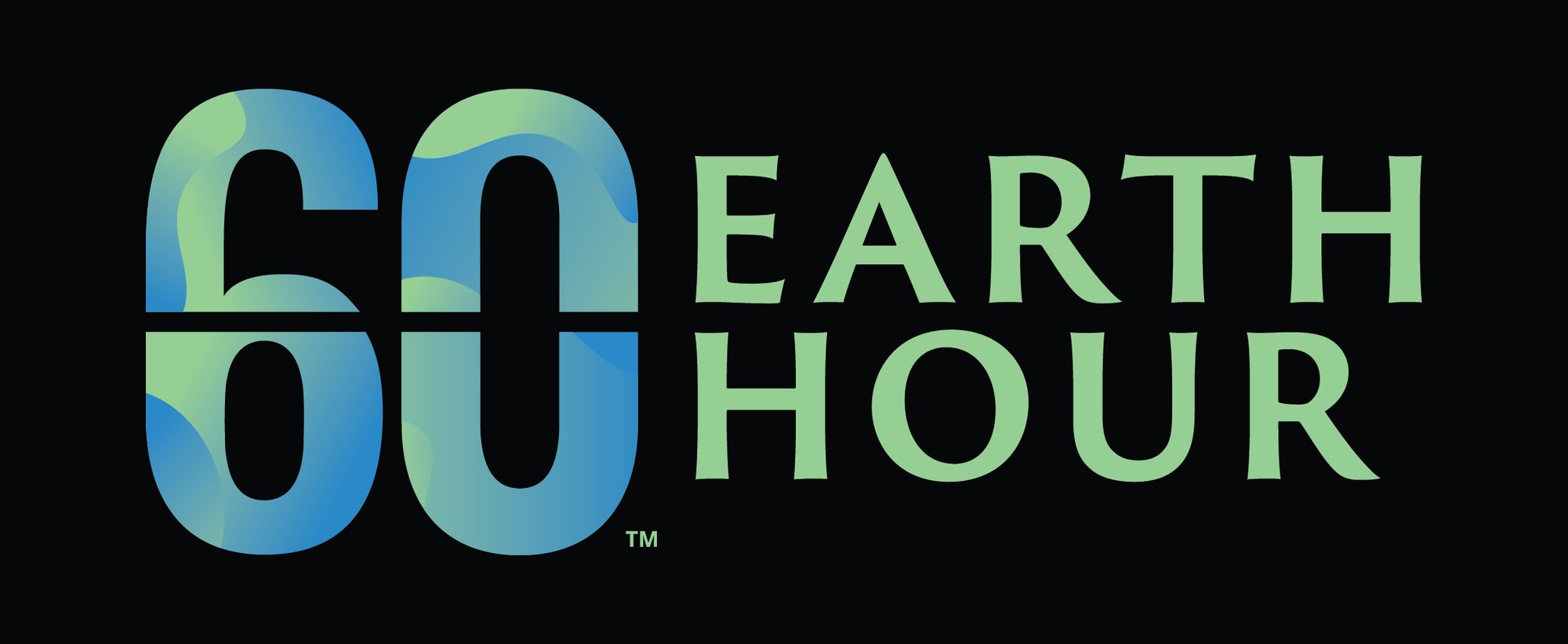Milestones over the years
Earth Hour isn't just a symbolic movement - it's a catalyst for real change. Here are some of our major milestones and wins over the years.
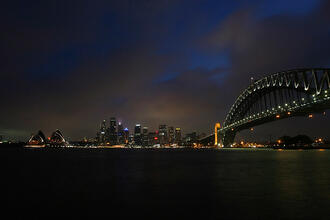
It all began on Saturday, 31 March 2007. The world’s first Earth Hour in Sydney, Australia, saw more than 2.2 million people turn off their lights for one hour to show a climate-sceptic government that people were concerned about climate change.
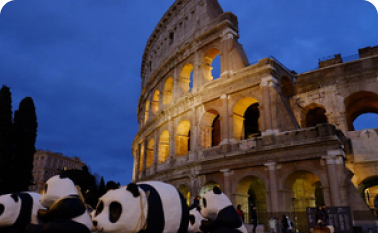
50 million people in 35 countries took part in the second Earth Hour. The Golden Gate Bridge and the Colosseum were some of the major landmarks that went dark for Earth Hour.
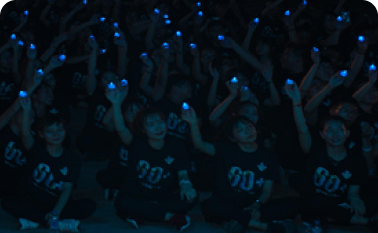
Earth Hour broke all records of mass participation, becoming the world’s largest grassroots movement for the environment.
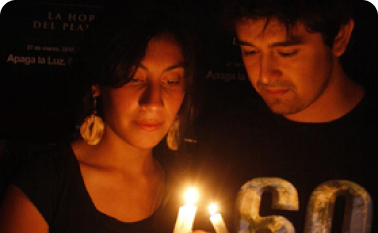
Three months after the United Nations COP15 Climate Conference in Copenhagen, seen by many as a setback to international climate efforts, Earth Hour became a global focal point for calls for a sustainable future
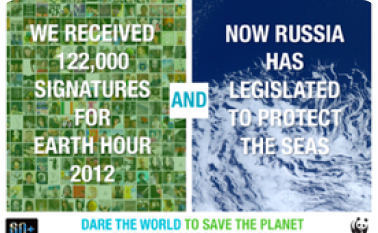
As part of Earth Hour’s "I Will If You Will" campaign, a petition led by WWF-Russia generated over 122,000 signatures and resulted in Russia passing a law to better protect the country’s seas from oil pollution, marking the first people-powered law to be ignited by Earth Hour.
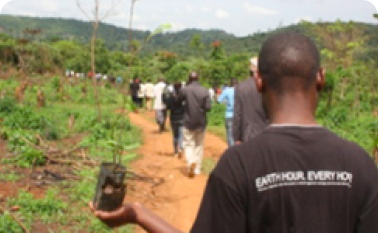
WWF-Uganda secured 2,700 hectares of land to establish the first-ever Earth Hour forest. Earth Hour also helped lead to the creation of Argentina’s largest marine protected area, the 3.4 million hectare Banco Namuncurá (Burdwood Bank), tripling the area of protected waters in the country.
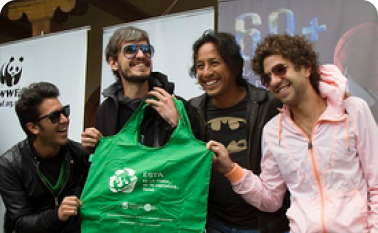
Following a successful Earth Hour campaign, the Galápagos Islands – a UNESCO World Heritage site – became the first province in Ecuador to ban plastic bags and other disposable packaging.
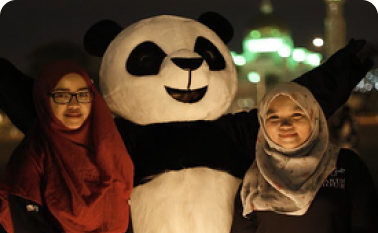
Earth Hour drives legislative change for locally-relevant issues such as in:
Brunei Darussalam: reduction in energy usage
Malaysia: creation of a national park
Russia: 10-year freeze on new oil projects in the Arctic
Scotland & Switzerland: stronger climate change legislation
Uganda: fighting deforestation
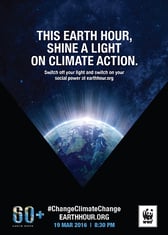
WWF-Spain’s Earth Hour campaign led to 50,000 citizens urging the Spanish government to phase out fossil fuels and transition to renewables to uphold its climate commitments under the Paris Agreement.
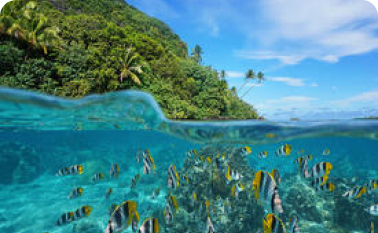
In French Polynesia, Earth Hour helped inspire public pressure that led to 5 million sq km of its Exclusive Economic Zone in the South Pacific being classified as a Managed Marine Area – helping preserve vital marine ecosystems for present and future generations.
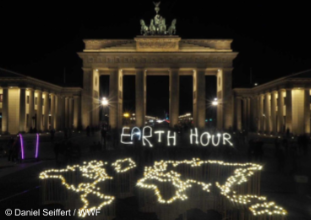
The #Connect2Earth campaign continued to raise awareness of the importance of nature for our health, prosperity and survival. Globally, supporters were asked to speak up for nature and raise their Voice for the Planet in an online petition to urge world leaders to take immediate action to protect and restore nature.
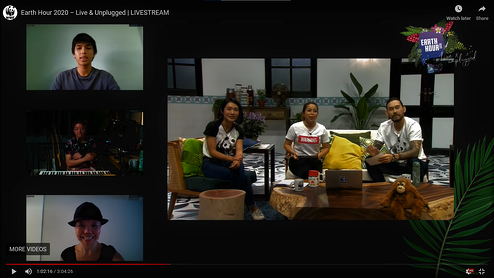
In light of the COVID-19 pandemic, Earth Hour broke records as the campaign was taken online for the first fully digital Earth Hour campaign. It highlighted the need to address climate change and nature loss for the health of our planet and for the health of humanity.
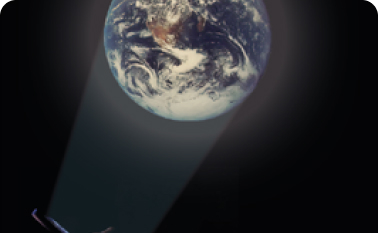
While still facing COVID-19 restrictions in many countries, people in a record-breaking 192 countries and territories united digitally to speak up for nature louder than ever. The first-ever Earth Hour Virtual Spotlight highlighted the connection between nature loss, climate change and the rise of pandemics, and was shared over 24,000 times on social media, by the likes of Sofia Vergara, Armin Van Burren, UEFA, World Scouting, and the United Nations, among other prominent figures.
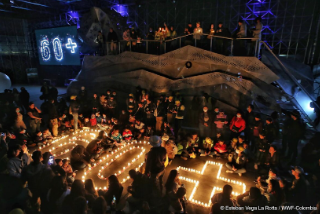
Amid the challenges happening around the world this year – from the ongoing pandemic to wars, floods and social unrest, Earth Hour was an opportunity for people to unite and show solidarity for people and the planet. Over 190 countries and territories took part, culminating in a record-breaking 10.1+ billion social media impressions and over 26,000 media headlines for Earth Hour globally.
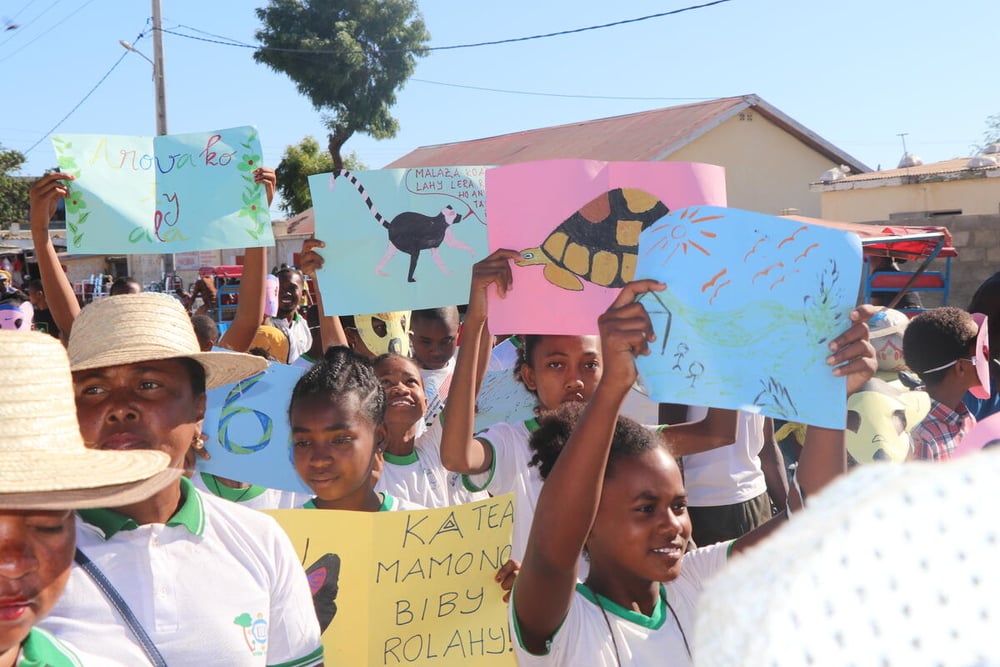
Following the historic global agreement set to protect and restore nature by 2030, we breathed new life into our brand and launched the Biggest Hour for Earth asking everyone to Switch off and Give an hour for Earth. In just the first year of this campaign, we surpassed our target of reaching 60,000 hours given for Earth (equivalent to the 7 years until 2030) and saw an incredible total of more than 410,000 hours pledged on the ‘Hour Bank’.

Earth Hour 2024 marked the Biggest Hour for Earth yet, with supporters from more than 180 countries and territories collectively contributing over 1.4 million hours through the ‘Hour Bank’.
This was made possible with partners and supporters worldwide, including our first-ever international corporate partner Epson, for its ‘Saving Energy - it’s a simple switch’ campaign.
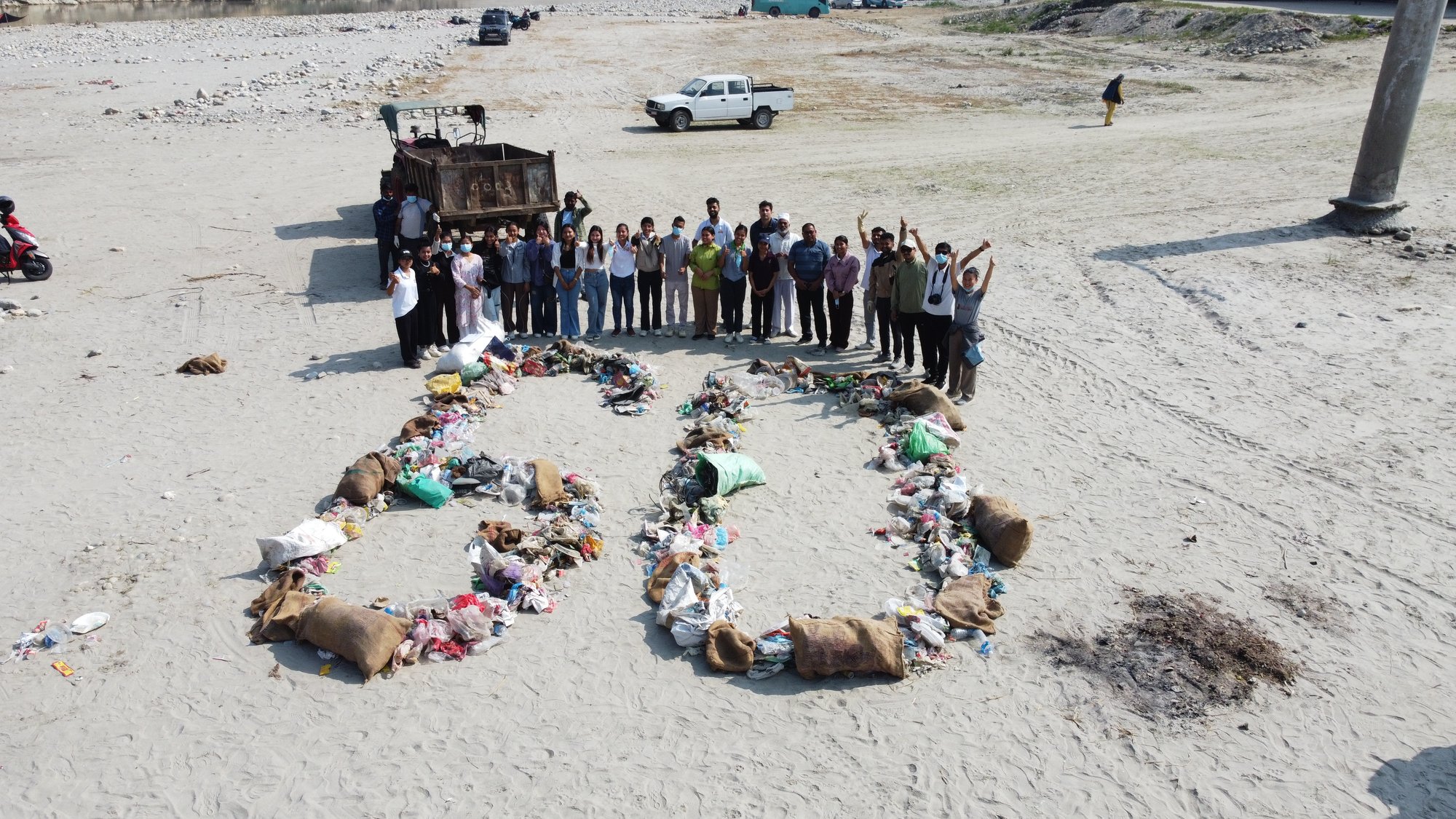
Earth Hour continues to break records with over 3 million hours given for Earth in 2025! Supporters from over 118 countries and territories joined in to dedicate their hours for the planet.
From hosting river clean-ups to composing a symphony for nature, Earth Hour showed the world that collective action and responsibility can create real and lasting impact for our planet.
